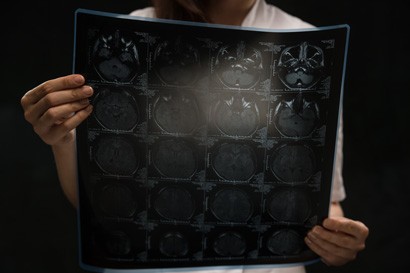News
TRANSALC study uses brain imaging to test treatments

A comprehensive study now underway unites several research labs in Germany, Canada, Finland and Spain in testing the efficacy of treatments such as naltrexone through use of in vivo bran scans. The primary purpose of the study is to determine how accurately animal testing of medications for alcohol-use disorder (AUD) translates to human subjects.
The Translational Neuroimaging in Alcoholism: Identification of Altered Brain Connectivity and Treatment Efficacy Predictors (TRANSALC) project, which has been ongoing since 2011, involves alcoholics from around the world who have entered treatment. As part of the project, pictures are taken of the brain via magnetic resonance imaging (MRI) when participants first enter treatment and again after a month of sobriety. Some participants are given naltrexone, a drug used to treat alcohol dependence, after the first month and are then scanned again after using the drug for another month to see how the images have changed. A comparable study is performed on rat subjects, and the data is compared and analysed.
“Recently, we’ve become aware of the genetics of how the drug naltrexone treats human alcoholism. We’re curious to know what changes take place in the brain with this drug that accentuate the recovery process, and how it extends the time between relapses,” states University of Alberta psychiatrist Dr. Tim Gillese. Results of the ongoing study are preliminary but early data is showing that 83 percent of patients using naltrexone have remained abstinent at the one month and three month markers. For patients without naltrexone, only 56 per cent remained abstinent at least one month.
Researchers involved in the project hope to identify similarities in the animal data vs the human data that will inform the way medications are prescribed for AUD. Dr. Serdar Dursun, a professor of psychiatry who heads the University of Alberta research team states, “We hope to come up with specific, selective neuromarkers, through imaging, which we can then use to make a particular, personalized decision on an individual’s treatment.”